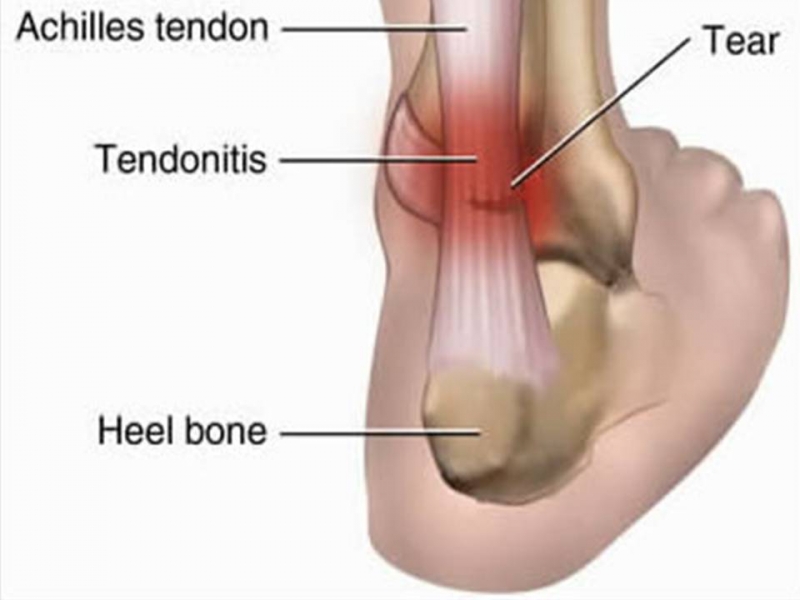
Tendonitis is a condition linked with tendons. Tendons are stretchy, tough and rubbery bands of tissues that connect muscles to bones. This condition occurs when these tendons become irritated, inflamed or else suffer microscopic tears. Tendonitis can affect anyone whether an office worker, an athlete or musicians. This condition can be a debilitating condition which creates chronic pain and also results in decreasing the patient’s range of motion. Get an effective and proper physiotherapy for Tendonitis in Gurgaon from PAL Physiotherapy.
There are many different types of Tendonitis as it can occur anywhere on the body where tendons are there:
Elbow Tendonitis/ tennis elbow
This condition has been given this name because this condition is faced by many tennis players and is an inflammation of tendon on the outside of the elbow which is linked with elbow bone.
Rotator Cuff Tendonitis
The rotator cuff is a group of muscles and tendons in shoulder socket and which when injured leads to this type of Tendonitis.
Bicep Tendonitis
It is irritation in the tendon that links the bicep muscle to shoulder and caused by overhead motion.
Ankle Tendonitis
This occurs when irritation of the posterior tendon is experienced underneath the bony bump of an ankle. People with flat feet as prone to this type of Tendonitis
Patellar Tendonitis
It is common among athletes who often indulge in jumping activities. They are mainly basketball and volleyball players.
Achilles Tendonitis
Runners and jumpers are more to this Tendonitis and are common as people age and especially those who exercise only semi-regularly.
Mostly Tendonitis occurs when a particular body motion is repeated and is overused. Overload is also known to be the common cause of Tendonitis when a level of specific activity increases like weightlifting. There are some rare situations when an infection like gonorrhea causes tendonitis. This condition is very common in some body parts like shoulders, knee, wrist, elbow, and heel. Tendonitis is also very common among people who have diabetes. Usage of some medications and antibiotics also trigger Tendonitis. Some more causes of Tendonitis include:
Tendonitis symptoms develop slowly and suddenly. One of the common symptoms of Tendonitis is pain which can be sharp, dull, burning, aching or radiating. In some severe cases, bumps forms and the affected area also make a noise like popping or squeaking. Some other Symptoms of Tendonitis includes
Some complications including Tendonitis are
To Diagnose Tendonitis
The treatment of Tendonitis in Gurgaon depends on its severity as mostly all cases can be treated without surgery. Physiotherapy is considered to be the best and effective treatment for Tendonitis. The main objective of physiotherapy is to reduce irritation to the tendon. Some physiotherapy techniques include ice, rest, stretching and oral NSAID use. Physiotherapy is very beneficial to reduce irritation to the ligaments.
Physiotherapist usages different modalities like Ultrasound Therapy, TENS Therapy, and Class 4 Laser Therapy in acute and sub-acute stage. Latter on the physiotherapist will set up a specific exercise plan for you that will allow the tendon to rest. He/she will also allow strengthening the muscle groups that surrounds the tendon. After this physiotherapist will also run you through eccentric exercises to observe the range till which muscle can be stretched.
Preventing Tendonitis is much easier than treating it so specific changes in lifestyle and routine can help you a lot to avoid this condition:
